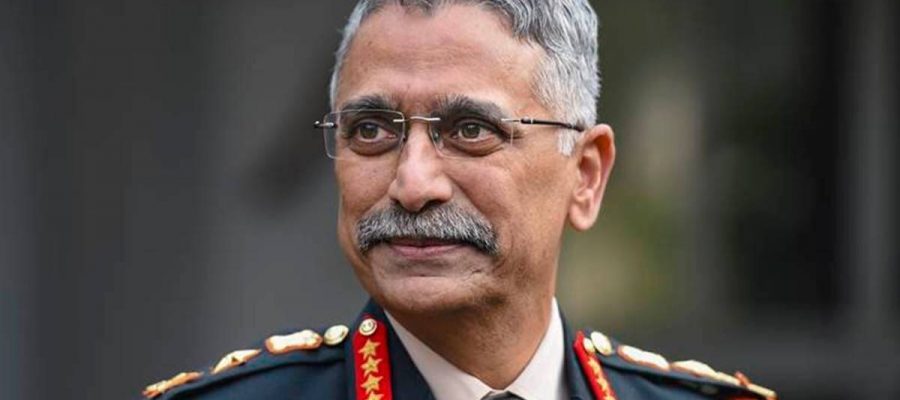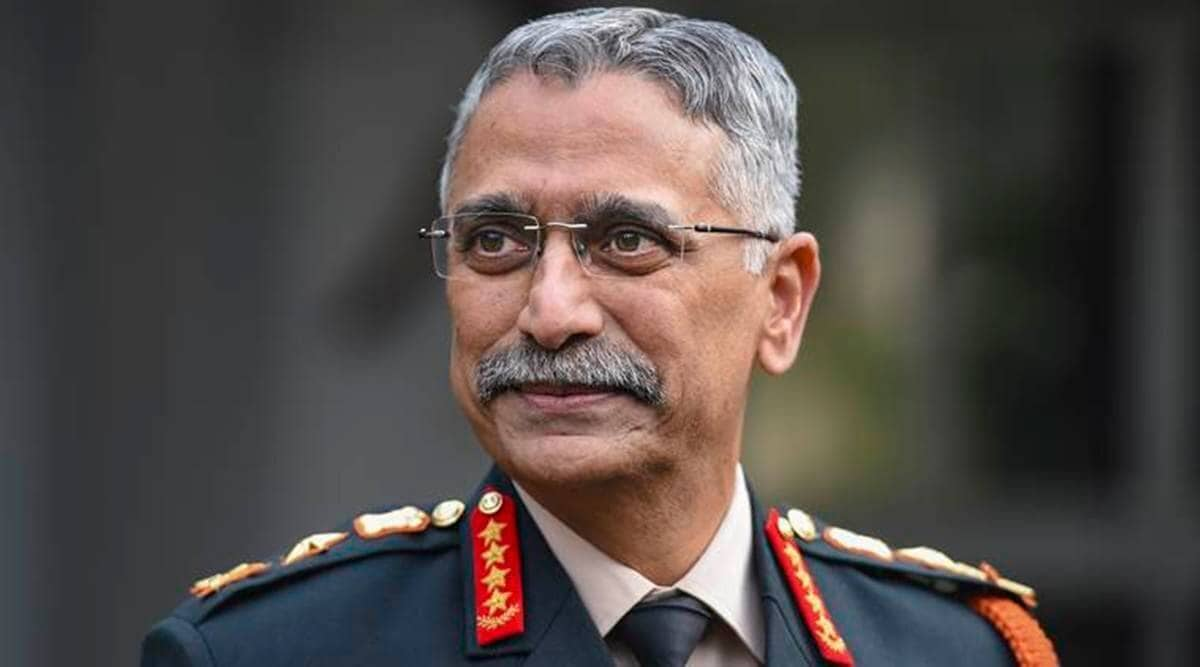He also called the system of L1, where the cheapest bidder gets a contract, a legacy of the colonial era.
EXPRESSING HIS frustration with the slow and bureaucratic process for capital acquisitions once again, Army Chief General M M Naravane on Thursday said “the danger that our long-drawn procurement processes and bureaucratic speed-breakers would prevent us from acquiring cutting edge technology is a real one”. He also called the system of L1, where the cheapest bidder gets a contract, a legacy of the colonial era.
Speaking at the 116th annual session of PHD Chamber of Commerce and Industry, General Naravane said it is important for the armed forces to build capabilities, which is a regular and sustained process. “For us, it translates to maintaining the right ratios between state-of-the-art, contemporary and legacy systems in our inventory. With the cycle of new and disruptive technologies getting shorter and faster, avoiding technological obsolescence remains a big challenge,” he said.
The Army Chief has been vocal about the speed and complexity of the capital procurement processes on multiple occasions in the past.
On Thursday, he said that although “much work” has been done in bringing about systemic changes with the aim of ease of doing business, it is still a “work in progress”. “There are still archaic rules and processes that defy logic and are at variance to modern best practices. This needs to be addressed,” he said.
“The L1 system is one such legacy of the colonial era that has lost its relevance in a system that is pushing for indigenisation. After all, why should merely price dictate our choice… It is time we looked at quality and transited to a T1 system, more in tune with our capability development aspirations,” he said.
General Naravane said that since the emergency powers were invoked in June 2020, 113 contracts for revenue procurement of operationally critical ammunition, armament, vehicles, spares and special mountaineering equipment for almost Rs 9,000 crore were concluded till August 2021.
Source: Read Full Article


